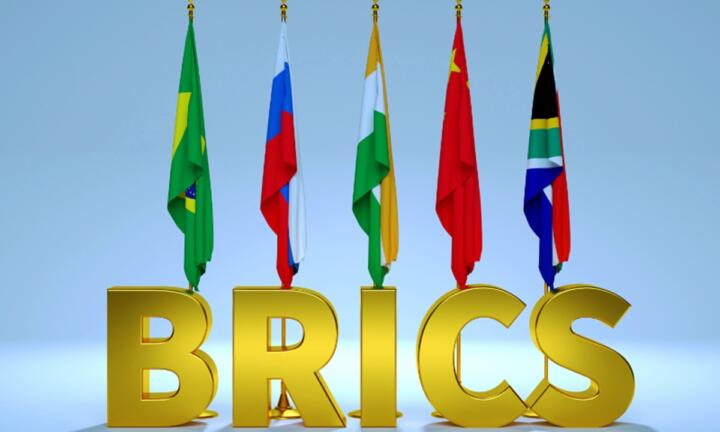Infostride News reported that the BRICS group of emerging-market nations is on the verge of experiencing a significant expansion, with Saudi Arabia, Iran, the United Arab Emirates, Ethiopia, and Egypt poised to join its ranks on January 1, as revealed by South Africa’s envoy to the bloc. This move comes after the current members—Brazil, Russia, India, China, and South Africa—extended invitations in August to six other nations to join their influential coalition, establishing a formidable alliance comprising major energy producers and substantial consumers in developing countries.
Notably, Argentina stands as the sole nation that declined the invitation, a decision influenced by President Javier Milei’s reversal of his predecessor’s membership bid upon assuming office earlier this month. In a dynamic turn of events, representatives from the five invitee nations actively participated in a BRICS sherpa meeting held in Durban, South Africa, earlier this month, clearly signaling their acceptance of the invitation to join, as conveyed by Anil Sooklal, Pretoria’s ambassador to the bloc, in a recent interview.
The upcoming development will witness the new BRICS members sending officials to a sherpa meeting scheduled in Moscow on January 30, marking a crucial step in their integration into this influential group of nations. This expansion underscores the growing significance of BRICS on the global stage, transforming it into an even more potent force that bridges diverse economies and geopolitical landscapes.

Interestingly, approximately 30 countries have expressed their interest in forming connections with the BRICS bloc, according to Russian Foreign Affairs Minister Sergey Lavrov. Despite this widespread interest, Nigeria, Africa’s most populous nation and largest economy, did not overtly express its desire to become a member during the group’s summit in South Africa. However, Minister of Foreign Affairs Yusuf Tuggar conveyed Nigeria’s intention to join BRICS within the next two years, setting the stage for potential inclusion and further diversification of the alliance.
To comprehend the significance of BRICS, it is imperative to delve into its roots. Established in 2009 as an informal alliance, the BRICS group, originally initiated by Russia, aims to provide a platform for its members to counterbalance the dominance of the United States and its Western allies in the global order. The rationale behind the expansion of this alliance lies in the quest for alternative arrangements to the existing global power balance, as articulated by South African Foreign Minister Naledi Pandor.
Collectively, the BRICS countries command a substantial share of global demographics, landmass, and economic output. With 42% of the world’s population, 30% of the global landmass, and 24% of the global economic output, BRICS has emerged as a formidable force challenging the traditional power structures in the international arena. This expansion further consolidates the influence of BRICS, creating a diverse and powerful coalition that seeks to reshape the dynamics of global governance.
As the new members prepare to join the upcoming sherpa meeting in Moscow, the BRICS alliance is poised to become more inclusive and representative of the geopolitical landscape. The addition of Saudi Arabia, Iran, the United Arab Emirates, Ethiopia, and Egypt introduces a diverse set of perspectives and economic strengths to the group, further enhancing its capacity to address global challenges and promote economic cooperation among member nations.
Looking ahead, the potential inclusion of Nigeria in the next two years adds another layer of complexity to the evolving dynamics of BRICS. Nigeria’s aspiration to become a member underscores the growing recognition of BRICS as a crucial player in shaping the geopolitical and economic landscape. As BRICS continues to evolve, it will likely play a pivotal role in shaping the narrative of international relations, challenging established norms, and fostering a more multipolar world order.
In conclusion, the expansion of the BRICS group with the inclusion of Saudi Arabia, Iran, the United Arab Emirates, Ethiopia, and Egypt marks a significant milestone in the evolution of this influential alliance. The diverse representation of economies and geopolitical perspectives adds depth and complexity to BRICS, positioning it as a key player in reshaping global governance. As the new members integrate into the alliance, and with the potential inclusion of Nigeria in the coming years, BRICS is set to play a crucial role in redefining international relations and fostering a more inclusive and multipolar world order. Infostride News will continue to monitor and report on the developments surrounding this dynamic geopolitical landscape.
Support InfoStride News' Credible Journalism: Only credible journalism can guarantee a fair, accountable and transparent society, including democracy and government. It involves a lot of efforts and money. We need your support. Click here to Donate
